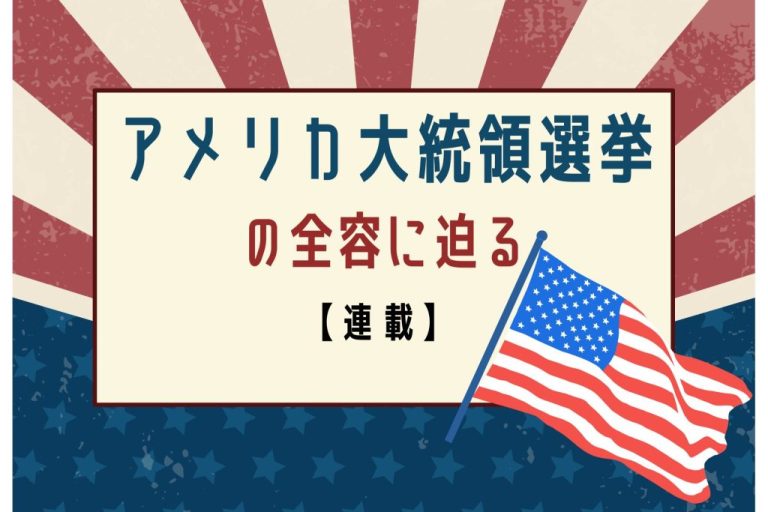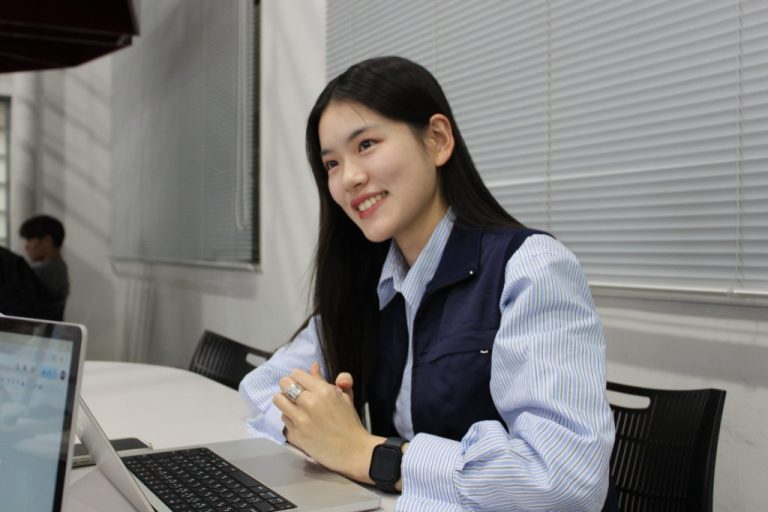
“I think globalization has somehow matured today. This trend can rather be referred to as diversification. The next era must be more exciting if we can share our culture/wisdoms and learn from the others actively.”
This is how Mr. Takayuki Tsukagoshi views today’s global society. He is the Chairman and CEO of Tsuburaya Productions, the studio which was established by Godzilla’s supervisor Eiji Tsuburaya. The studio is best known for its most successful hero show, Ultraman. In the late 1960s, Ultraman marked a high rating in Japan, and also attracted children from overseas, which included talents in today’s Hollywood.

One of them is Mr. Jeff Gomez who is an expert in transmedia story telling. As a Transmedia producer, Gomez worked on tons of projects in the field of entertainment.
“It’s a wonderful job. I can be a part of the film production and see the audience become excited about the story. In Avatar (2009), I watched James Cameron work, and worked with the stars but also with the effect technicians. It was unforgettable truly amazing experience for me” he says with a smile.
Gomez, saying “my heritage is from the immigrants,” grew up in poverty. In 1960s, he was born in a depressed area of New York.
“The international marriage of my parents didn’t go well. Both families rejected it, so I was born in very poor. I grew up in a situation where there was violence and chaos. The circumstance of my birth created a facial paralysis, and that made me very shy, withdrawn child, who was really interested in Kaiju (in Japanese, monsters) and dinosaurs.”

It was not long before Gomez’s parents got divorced. Every summers, his mother sent him to his father’s birthplace, Puerto Rico, where he had an unexpected meeting.
“There, I saw Ultraman on TV for the first time! It was stunning, because of course I only had seen Kaiju like Godzilla in movies or on television once or twice a year. I sat very close to TV to see all the details.”
Not only the unique characters including aliens and Kaiju, but also seriousness of the show attracted him a lot.
Eventually, as Gomez got involved in the film industries, he really wanted to work with the creators of Japanese pop cultures which engrossed him in his childhood. However, nobody there understood his ideas, and what the possibilities of transmedia strategies are.
However, one day, Gomez heard that Tsuburaya Production was trying to engage in overseas promotion of the Ultraman series. Soon, he visited headquarter in Tokyo and discussed with members of the studio about the future of the franchise.
“The presentation I made demonstrated my understanding of the series, and the potential of transmedia methodologies. It was well received. Furthermore, what was interesting about the meeting was, Mr. Tsukagoshi understood the deeper wisdoms and philosophies of Ultraman.”

Tsukagoshi feels that the concepts of Ultraman have the potential to expand the conventional image of heroes, which people around the world used to have.
He describes that, “while western people are more likely to depict personal challenges or emotional turmoil heroes have, Asian hero, Ultraman puts larger emphasis on the coexistence within communities, environment, and the space. The original creators of the series advocated that the mutual understanding of people with different ideas or values can turn the society positive. I want to produce the works that can let people around the globe have hope for the future.”

Now is the best timing to produce those works to the world, believes Gomez, who is currently working on many projects in collaboration with Tsuburya, stating that “many leaders of today’s entertainment industries loved Japanese anime and tokusatsu in their childhood. One of those people, C. B. Cebulski, who is the chief editor of Marvel Comics, played a key role in the comic adaptation of Ultraman. This trend also helped us a lot in the production of new animated feature film of the series in Netflix.”

Today, in the age of diversification, more people like them work together regardless of their nationalities.
Tsukagoshi, who served as a general manager of Walt Disney Japan welcomes this tendency saying, “when I was at Disney, although they had talented creators such as John Alan Lasseter, people from various areas worked together to produce a film. In contrast, in Japan, even though there are great masters, their works are more likely to be completed inside the country. What I want to produce is the production system which enables us to have more cross-border collaborations.”
To accomplish that goal, it is necessary for the society to have young generation who can work with the people around the globe, and play a major role in the upcoming future.
“Today we can cross cultural or regional boundaries with ease. We can share great ideas and concepts we have with the people all over the world. Culture and entertainment always needs to be passed down to the future generation. I hope more youth have interests in the field of entertainment and help us accomplish our goal!”
All the images in the article, containing Ultraman or Kaiju are registered as trade marks by Tsuburaya Production, and you cannot use them without their permission.
Ultraman Official YouTube Channel
→ https://www.youtube.com/channel/UC5PBnSG7C0







